robocalls
Latest

Anti-robocall bill passes almost unanimously in the Senate
Senators have overwhelmingly backed a bill to combat robocalls. They voted 97-1 to pass the Telephone Robocall Abuse Criminal Enforcement and Deterrence Act, which would empower law enforcement to tackle robocallers, and bump up civil penalties to as much as $10,000 per call.

FCC proposes blocking robocalls by default
The Federal Communications Commission (FCC) has been fighting robocalls for years, but as anyone with a cell phone can tell you, they're still getting through. Now, the Commission wants to make it legal for phone companies to block unwanted robocalls by default. Chairman Ajit Pai has circulated a declaratory ruling that, if adopted, would give carriers permission to develop new call blocking tools. The ruling could also allow consumers to prohibit calls from numbers that aren't on their contact lists.
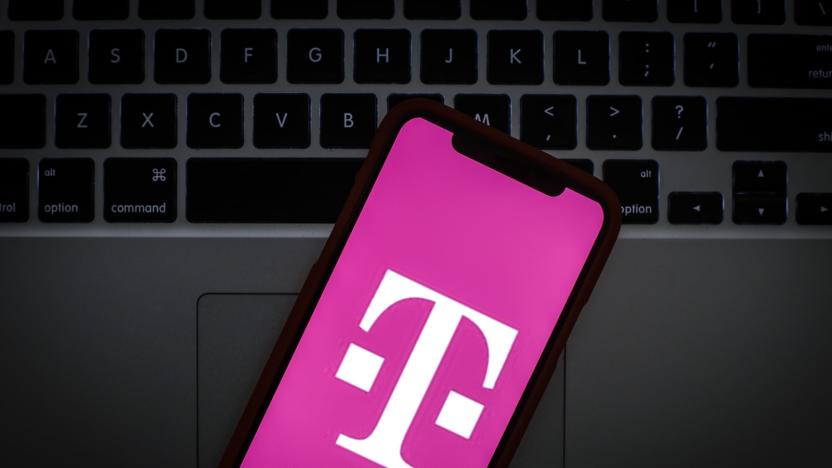
T-Mobile and Comcast will label authentic calls to fight spam
In an attempt to fight robocalls, T-Mobile and Comcast are teaming up to bring their customers call verification. The carriers will use the STIR/SHAKEN protocol to label authentic numbers, so users will know they're not receiving a spam call. The catch is that, for now, only calls between the two networks will be eligible for the "Caller Verified" label.

Verizon's free spam filter and anti-robocall tool are live
Verizon (which owns Engadget's parent company, Verizon Media) has opened access to a free version of its spam filter and is rolling out its anti-robocall tech. The Call Filter app detects and filters spam, while allowing you to report the numbers that called you. It can also automatically block robocalls. The $2.99/month version comes with some extra features, including caller ID, a personal block list and a risk meter.
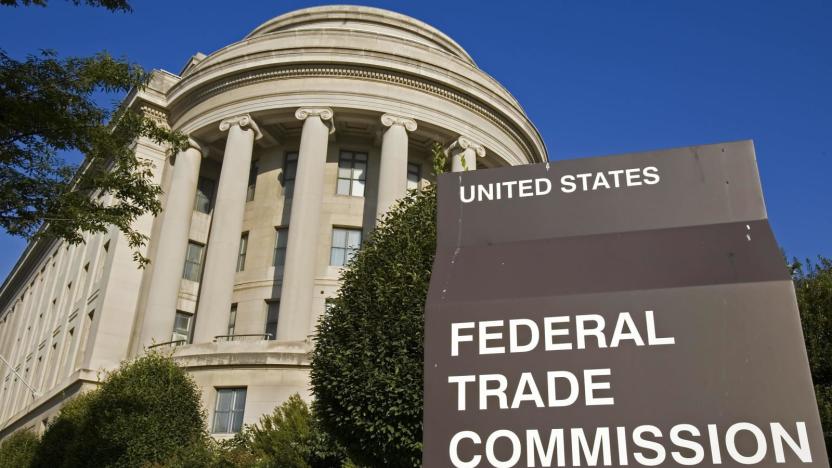
FTC shuts down four major robocall operations
The US Federal Trade Commission (FTC) announced today that it shut down four separate robocall operations responsible for placing billions of illegal robocalls. The four organizations responsible for the calls agreed to settlements with the agency. Under those agreements, the companies will no longer be able to make robocalls or use automatic dialers to place calls, effectively barring them from the telemarketing business.
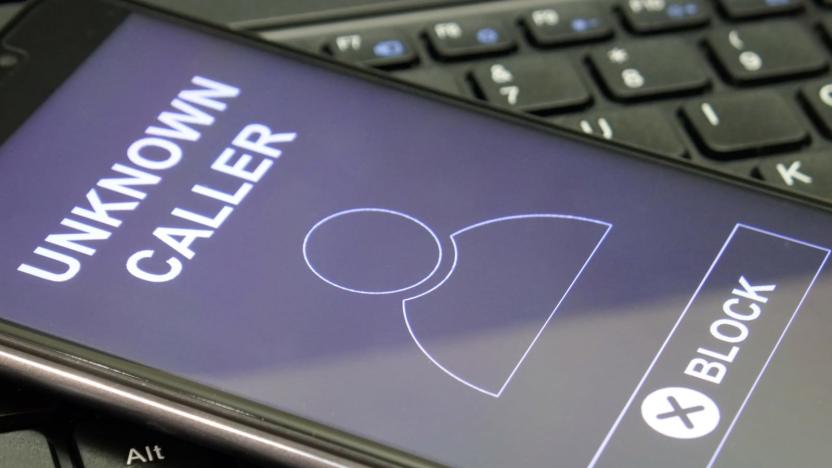
AT&T and Comcast test 'verified' phone calls to fight spam
Robocalls have gotten so bad that competitors AT&T and Comcast are teaming up to tackle the problem together. Their plan is to "authenticate and verify" calls. In other words, they'll let you know when an incoming call is really from the number listed on the caller ID and not a computer-generated call showing a fake number. This won't stop the unsolicited calls, but you might be more willing to answer a verified number.

Verizon will give subscribers free access to anti-robocall tools
Verizon will give all its subscribers free access to its spam alert and call blocking tools, so long as their phones can support the features. The carrier originally rolled out those tools over a year ago as part of its $3-per-month Call Filter add-on. But starting in March, subscribers with compatible smartphones (including iPhone and Android devices) will be able fend off unwanted robocalls without having to pay extra. Verizon says it will release more info on how to sign up for the free tools near their launch date.

T-Mobile starts verifying callers to fight spam
More US carriers are taking steps to prevent junk calls from reaching your phone. T-Mobile has launched a Caller Verified system that uses new standards (SHAKEN and STIR) to fight caller ID spoofing and ensure the number you see is real. Ideally, this makes it harder for ad spammers and tech support scammers to dodge screening efforts and blacklist apps.
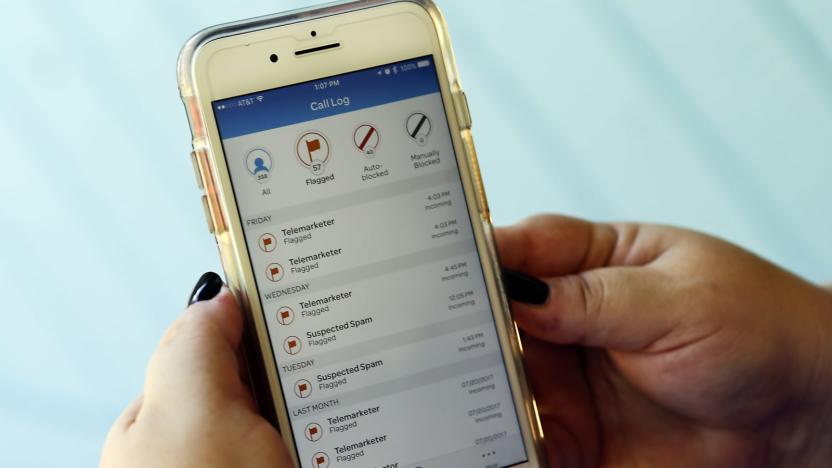
FCC proposal would limit robocalls to reassigned phone numbers
FCC Chairman Ajit Pai is continuing his seemingly relentless quest to rid the US of robocalls. The regulator has proposed more measures that would fight spam calls and texts, particularly people with reassigned numbers. The first proposal would create a database of reassigned numbers that would stop businesses (law-abiding businesses, at least) from calling numbers after they've been changed. You'd hopefully get fewer sales pitches intended for others.
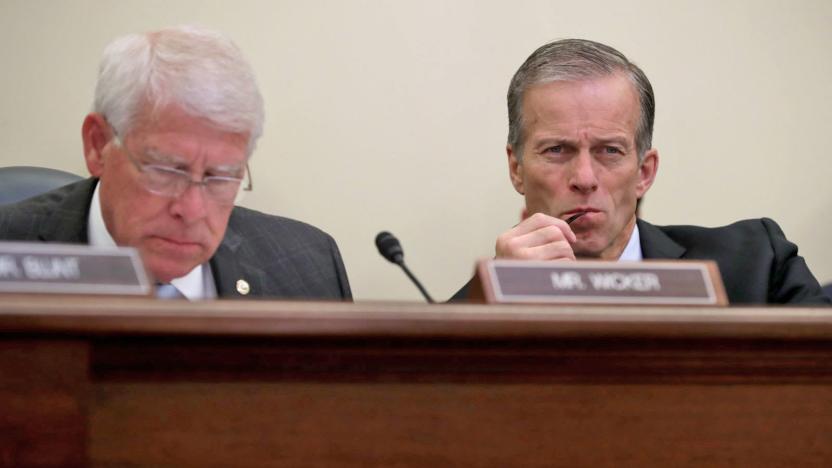
Senate bill takes aim at illegal robocalls
Three senators have proposed new legislation aimed at deterring robocall scams. The Telephone Robocall Abuse Criminal Enforcement and Deterrence Act, or TRACED, Act would give the FCC broader authority to penalize those that violate telemarketing restrictions, give the commission a longer window in which to act and establish an interagency working group that would explore additional actions that might deter robocall scams going forward. "As the scourge of spoofed calls and robocalls reaches epidemic levels, the bipartisan TRACED Act will provide every person with a phone much needed relief," Senator Ed Markey (D-MA), a cosponsor of the proposed legislation, said in a statement. "It's a simple formula: call authentication, blocking and enforcement, and this bill achieves all three."
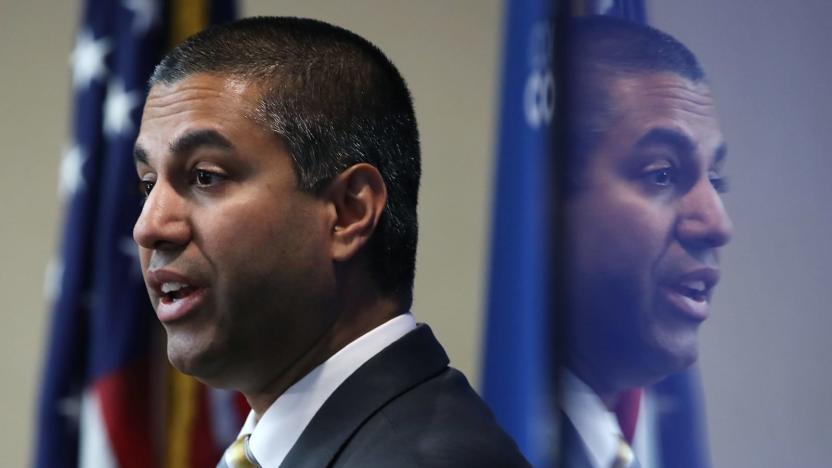
FCC pushes carriers to implement caller ID authentication by 2019
Even if you don't agree with Ajit Pai's stance on some important issues, you might still want to hear about his latest campaign against robocalls. The FCC chairman has demanded (PDF) the adoption of a robust call authentication system to prevent caller ID spoofing, telling American carriers to implement the technology no later than 2019. Pai has sent letters to the CEOs of 14 voice providers to ask them to conjure up concrete plans to adopt the SHAKEN/STIR framework, which would validate legitimate calls across networks before they reach recipients. That would block spam and scam robocalls from going through, so you don't have to be wary of answering calls anymore.

FCC seeks $37.5 million fine on firm that spoofed consumer numbers
The FCC is looking to fine an Arizona-based company $37.5 million for making spoofed telemarketing calls. The company, Affordable Enterprises of Arizona, made more than 2.3 million calls over the course of 14 months, often masking its own number with those of consumers in the area. The FCC says this is the first major action taken against a company involved in such a practice. While the commission has issued robocall fines before, in those cases, the numbers spoofed were often ones not currently in use.
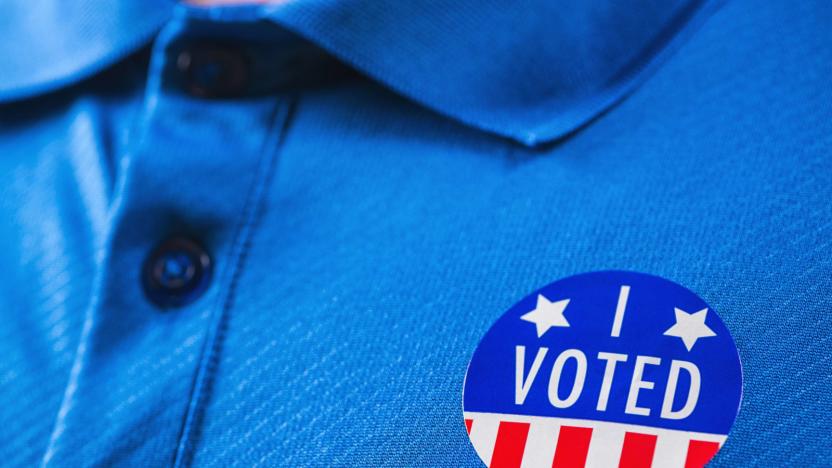
Robocall company exposes hundreds of thousands of voter records
Hundreds of thousands of voter records were left exposed on an Amazon S3 bucket, ZDNet reports, this time by Virginia-based robocalling firm Robocent. Among the information that was left accessible were names, home addresses, gender, phone numbers, age, birth years, ethnicity, education and language spoken as well as state-provided or inferred political leanings such as "weak Democrat," "hard Republican" and "swing" voter. The cache contained nearly 2,600 files, including audio recordings of political messages.
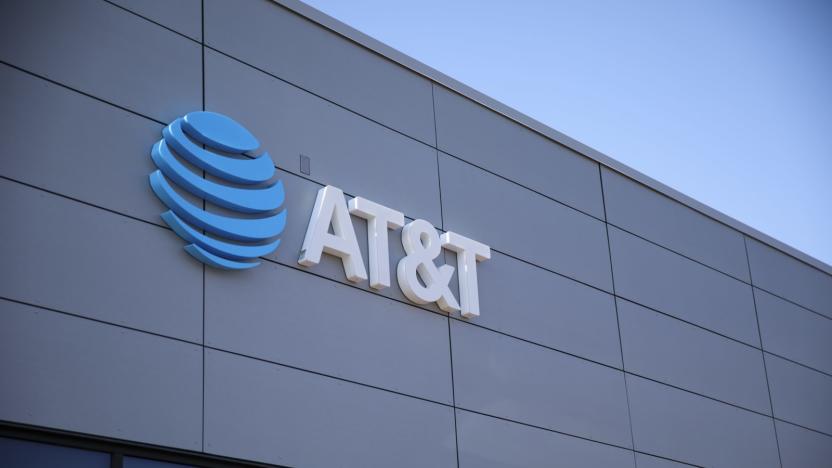
After Math: Well, that's one way to do it
It was a big week for interesting calls. Facebook is reportedly looking to hop on the cryptocurrency bandwagon, AT&T admitted that it hired Michael Cohen's firm for "insights" into the administration, and somehow enough folks watched the YouTube Karate Kid reboot to earn it a second season. Great job everybody?

House Democrats want to step up the fight against robocalls
Some in Congress don't think the FCC's latest anti-robocall measures go far enough. Democrats in the House Committee on Energy and Commerce have put forward one bill and two drafts that would give further grief to spam callers. The fully formed bill, the HANGUP Act, would force federal debt collectors to get your permission before robocalling you. This had actually been part of the 1991 Telephone Consumer Protection Act, bill sponsor Rep. Anna Eshoo said, but the 2015 Budget Act rolled it back. She characterized these automated calls as harassment, whether it came from a government contractor or anyone else.

Court axes FCC robocall rule for being too broad
The previous FCC leadership took some aggressive steps to fight robocalls, but they've just been scaled back. A DC Circuit appeals court has shot down an FCC rule for reportedly going far in its definition of an autodialer. The regulations defined an autodialer as any device that could dial numbers that were either stored or produced using a number generator, but Judge Sri Srinivasan saw that as far too generic. Some smartphone calls theoretically broke the law, he said. As an example, the judge noted that you technically faced a $500 fine if you called someone to invite them after obtaining their number through a friend.

FCC adopts new rules aimed at stopping robocalls
The Federal Communications Commission (FCC) approved a new set of rules today aimed at shutting down irritating robocalls. The commission says that it receives over 200,000 complaints per year concerning unwanted calls, including robocalls, most of which were banned by the Federal Trade Commission (FTC) in 2009.

FCC may fine robocall spammer $120 million for illegal spoofing
Everyone hates those robocalls that target our phones to sell things we don't need. They're universally reviled, with Republicans backing legislation for ringless voicemail, the FTC offering a $25,000 reward for anti-robocall tech and AT&T and Burner both creating automatic robocall blocking systems for their customers. Now, an individual robocall scammer is facing a $120 million proposed fine from the FCC for his massive caller ID spoofing operation.

Burner's virtual phone lines add automatic robocall blocking
When it debuted in 2012, Burner's virtual phone number app promised to help privacy-minded folks shield their private digits with temporary phone numbers while adding a few useful cloud-based integrations at the same time. Today, Burner announced a new integration with Nomorobo -- the winner of the FTC's Robocall Challenge -- to eliminate another major phone-related headache: Rachel from Card Services.
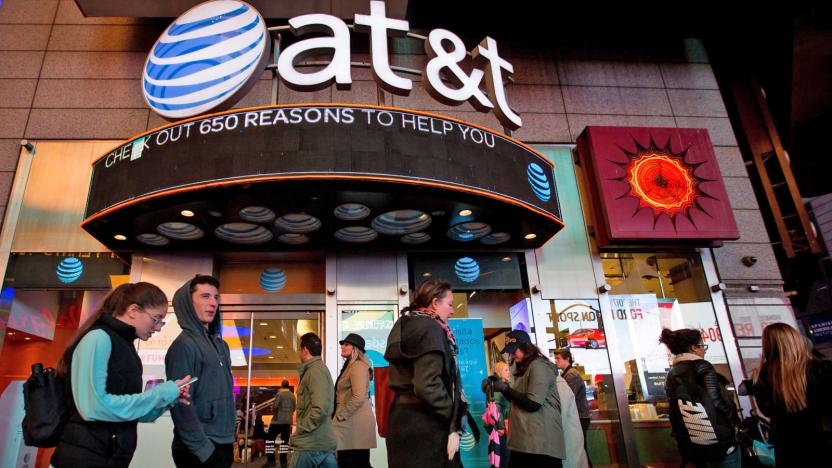
AT&T service prevents scam calls from reaching your phone
Yes, you can block phone numbers used for robocalls and tech support scams, but that usually means having to take at least one call (or running the right software) before you realize something's fishy. And AT&T, at least, is trying to do better. In response to the FCC's request for tougher action, the carrier has introduced a free Call Protect service for HD Voice (voice over LTE) users that aims to block fraudulent and spam calls, in many cases before they even reach your phone. An automatic fraud blocking feature will stop scams at the network level, while you'll also get warnings about suspected spam calls if you're in an HD Voice coverage area.







